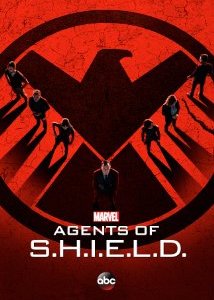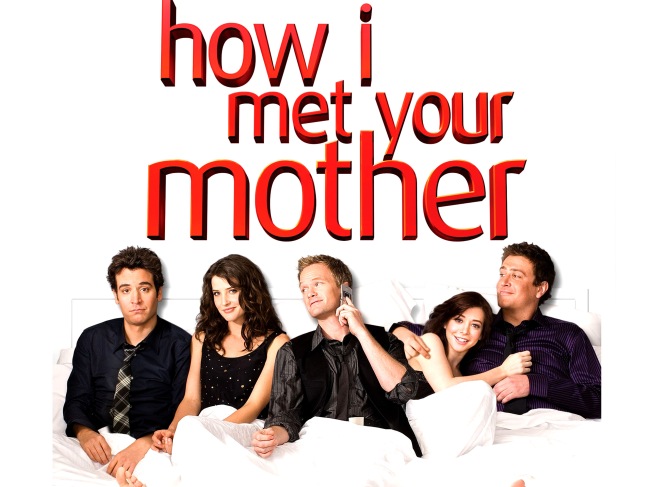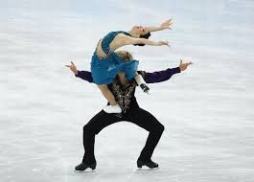Ah, summertime. Beaches, barbecues, and binge watching. As per my usual summer fate, I got addicted to multiple shows this year. There’s a month left folks! So if you’re looking for something to watch, look no further. I’ve got you covered.
1. Veronica Mars (Amazon Prime has it for free.)
Last summer, I happened upon Buffy the Vampire Slayer, a show people had been telling me to watch for years. After Buffy, everyone tells you to watch this show, starring Kristen Bell as the titular Veronica.
You really should watch Veronica Mars. It is, without question, one of the most intricately plotted shows I have ever seen, and the unraveling of the mystery in season one is flawless. Kristen Bell looks like a life-sized Tinkerbell, but that does not stop her from being one of the toughest, wiliest, and complex detectives that television has to offer. Her relationship with her father is sweet and sour in a way that an actual teenager’s would be. Most importantly, Veronica Mars gives you reasons to really dislike most of the characters- including Veronica- and then swings back around to show you that people are not always the thing they did last week. It reminds people that what people say about other people is never the full story.
Season one is the best, but season two builds up some serious momentum at the end. Three lost its touch, which is probably why this show got canceled. I really recommend the film, especially after the sudden halt that is the end of season three. The movie, set ten years later with a grown-up cast, really recaptures the feeling of season one and puts Veronica on the right track.
In summary: If you haven’t seen this show, watch it immediately. Please.
The Guild (Netflix)
I accidentally found this show while browsing Netflix due to extreme boredom. I then proceeded to pull an all-nighter marathoning it. With the queen of all geeks, Felica Day, as the lead gamer girl, this show is as dorky as it gets.
Despite being extremely nerdy, I really loved this show. I am not a gamer at all, but I connected with these outcasts and their quests to survive outside of the internet. Also, this show gave me a crush on Will Whedon.
In summary: If you like geeky things, or outcast stories, The Guild is for you.
Once Upon a Time: (Netflix through season 2)
This show surprised me. I had been avoiding it for as long as possible, for as a fan of Buffy and Doctor Who, I was wary of ABC Family fantasy fare. Once Upon a Time actually can handle the dark without too much melodrama (generally). While I was underwhelmed by the scenes in the Enchanted Forest, the shenanigans in Storybrook were enough to keep me hooked. (Also, Hook was enough to pull me through all of season three, even considering it was far better written than the previous two.) I really love Emma and her skeptism and logical in the face of a LOT of magic and general silliness. Also, the dwarfs here are way cooler than they ever could be in the actual Snow White.
The fairy tale bits are a little grating, especially in season one, so after a while you can safely skip those without missing any major plot points. This also makes watching it much faster, so you can fly through the first two seasons. Season three you should probably watch fully until it gets to backstory, which you can then skip. Also, shout-out to the character who dies in season one. I liked you. Why did you leave for that stupid movie?
In summary: Entertaining and fluffy fare, Once Upon a Time is great for the casual binge watcher.
Royal Pains (through season 5 on Netflix):
My brother told me to watch this show. As he’s going through a phase in his life where he’s unenthusiastic about everything, I decided to give it a try. And true to the motto of the USA network, fantastic characters abound. I really love them all, from the enigmatic Borris, to the rich kid with Hemophilia.
The first episode moves a little slow, but give it a chance to get to the Hamptons, and you’ll soon be deciding that Hank Lawson should be your primary care physician. This show gets bonus points for having the best pacing ever in a comedy. Ever.
In summary: Relax and let the doctors of Royal Pains cure your summertime sadness.
shattersnipe: malcontent & rainbows





 I saw Guardians of the Galaxy Friday. I loved it so much that I went to go see it again today, because this movie is that awesome. The grandfather sitting three seats from me said, “This is the best film I’ve seen in years.” I’ll write a full review sometime late this week, but here’s one of my early impressions.
I saw Guardians of the Galaxy Friday. I loved it so much that I went to go see it again today, because this movie is that awesome. The grandfather sitting three seats from me said, “This is the best film I’ve seen in years.” I’ll write a full review sometime late this week, but here’s one of my early impressions. 

